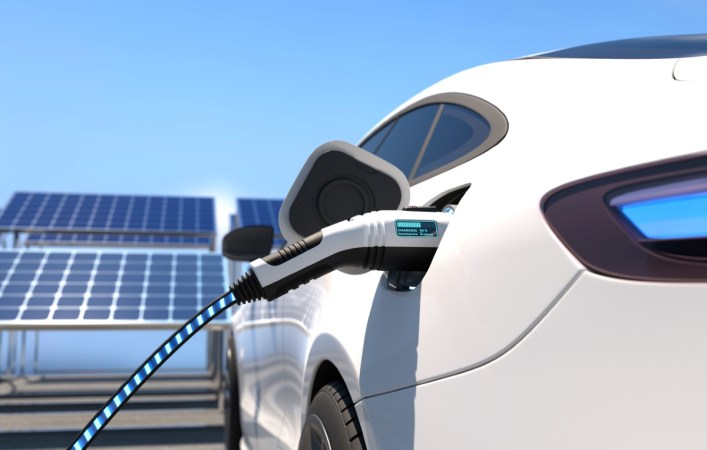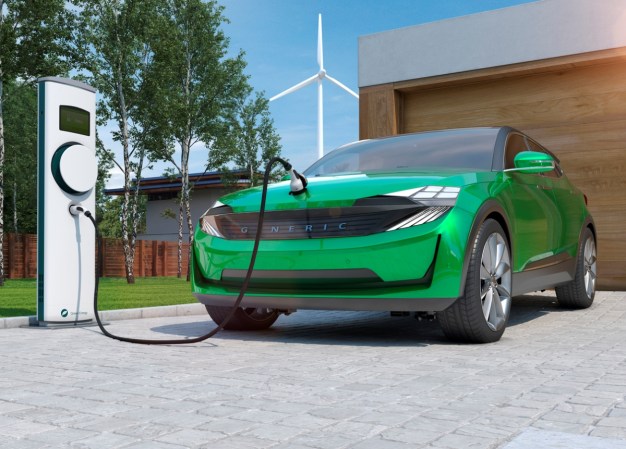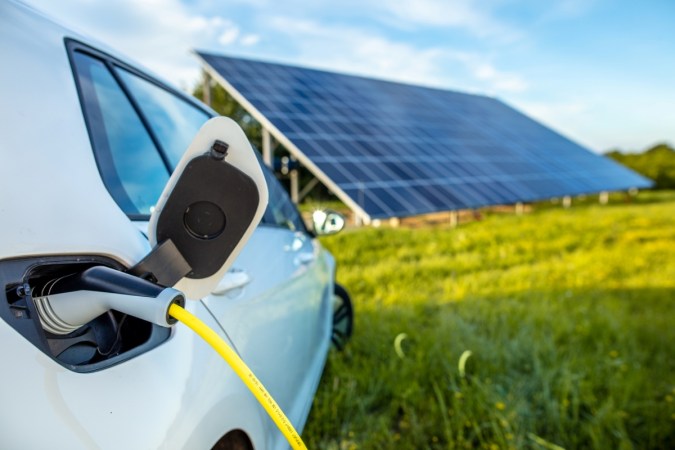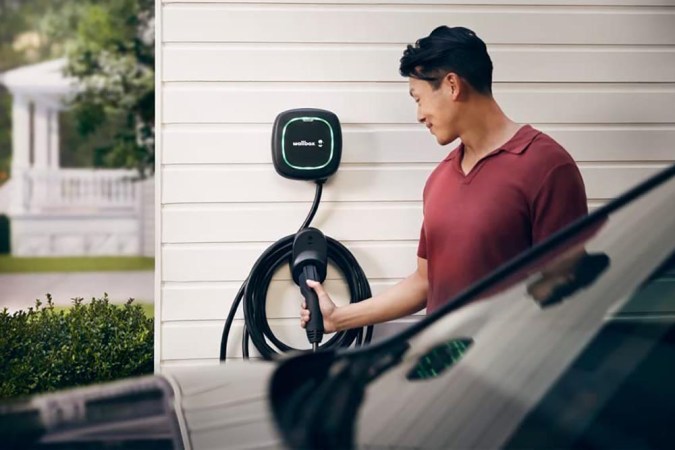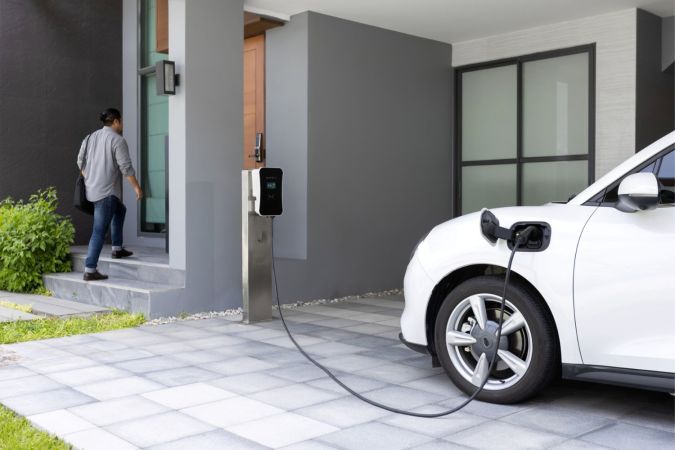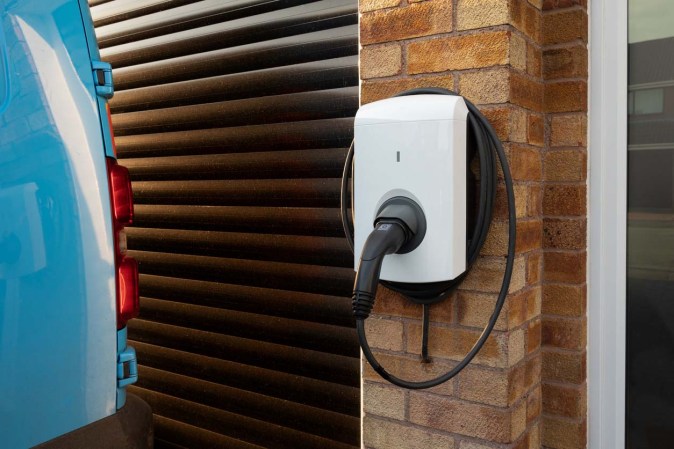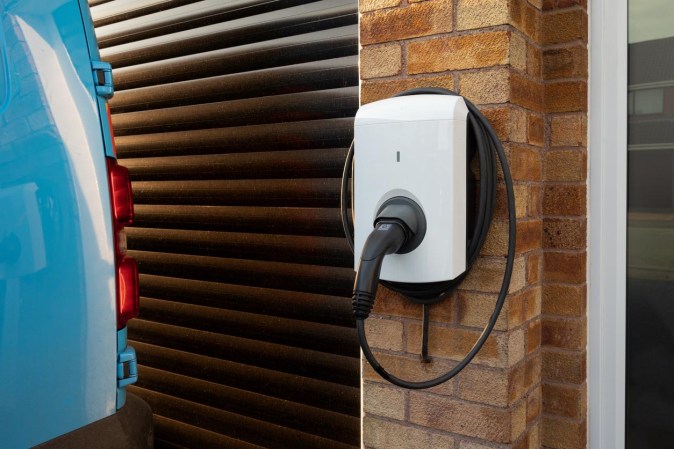We may earn revenue from the products available on this page and participate in affiliate programs. Learn More ›
You’ve probably heard the saying, “If something’s too good to be true, it probably is.” While we wouldn’t necessarily ascribe that to electric cars—because there’s a lot to be amazed about in these vehicles—they still come with a few teething problems. We’ll take an evenhanded look at the pros and cons of the first generation of electric vehicles (EVs) coming to a road near you.
PRO: EVs are good for the environment.
With the global community pushing to reduce the use of fossil fuels to decrease global warming dramatically, and the U.S. government trying to ensure that half of all vehicles sold in the country by 2030 be electric, it’s likely EV sales will go up. Since they reduce emissions and present a more energy-efficient way to get around, that’s good news. Light-duty EVs can drive 100 miles while consuming only 25 to 40 kilowatt-hours (kWh) of electricity, which amounts to 43 miles for $1. Gas cars travel around 10 miles for the same price, assuming gas costs $2.50 per gallon.
RELATED: How to Prepare Your Home for an Electric Car
CON: EVs have a high initial cost.
Although EV owners save on gas costs, they still have a high up-front investment. Remember when plasma TVs first came on the market with a price tag of $7,000? Many would-be EV buyers are put off by the sticker shock of investing in one due to the higher price and additional expenses. Although there are government incentives in place, until the advertised price drops and a more robust secondhand EV market emerges, expect many buyers to hold on to their internal combustion vehicles for longer or purchase a hybrid car instead of a battery EV.

PRO: EVs come with low maintenance and a better driving experience.
Unlike internal combustion cars, EVs require no oil changes or continued engine maintenance. EVs run quietly, and the driving experience is smoother, with EVs able to accelerate faster than gas-powered vehicles. Running electrically powered devices in your car will minimally deplete your EV battery, which is the case with any car. However, the EV can research and report on that use, unlike with a conventional car, when the driver only knows the battery ran down after the car fails to start.
CON: A lack of infrastructure can limit or mar the experience.
Although work is being done to increase EV infrastructure with more accessible charging facilities, it is currently lacking, leading to a range of anxiety and apprehension about buying EVs. The problem is a particular concern for people living in older apartment buildings without readily accessible charging facilities, and those who live in outlying areas or drive great distances.
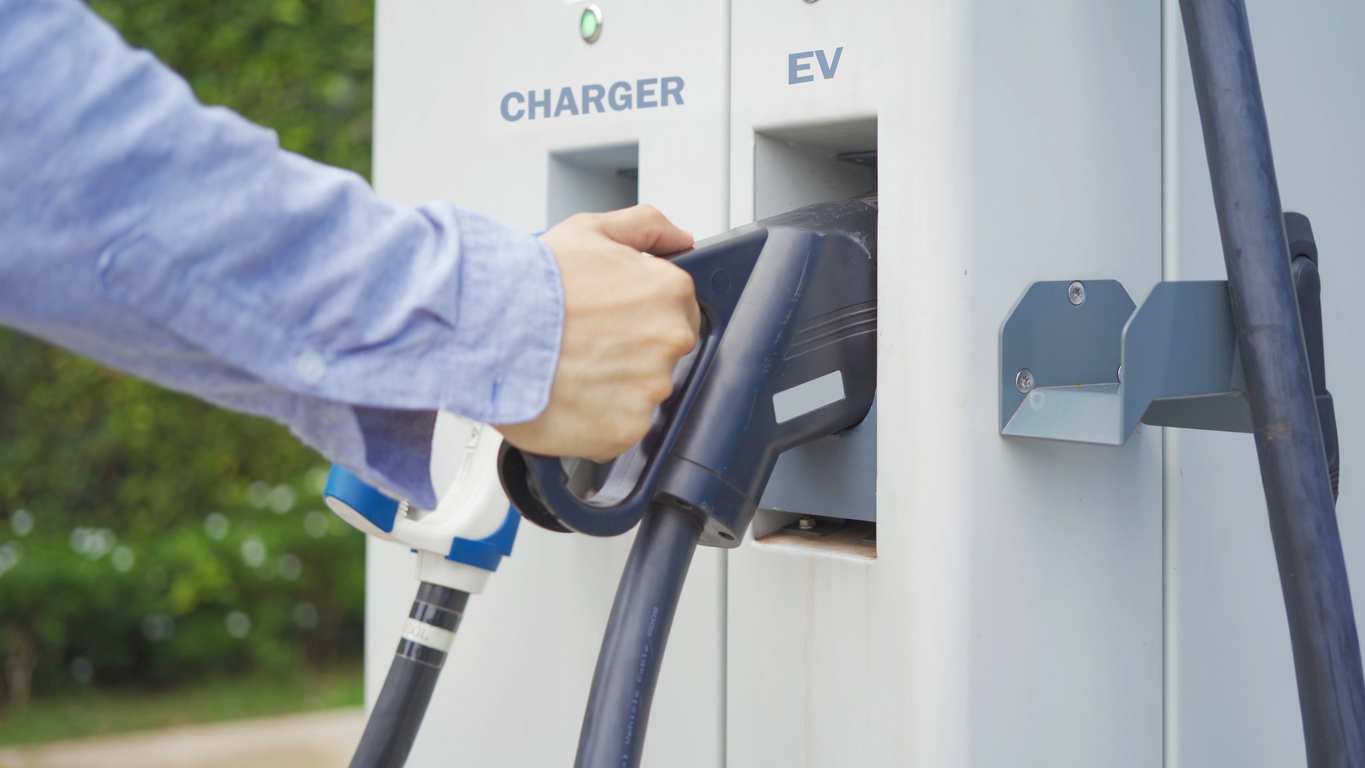
PRO: EVs are trending toward greater resale value.
As the world shifts away from internal combustion–engine vehicles and the infrastructure for EV vehicles increases, expect some EVs to have a greater resale value than certain gas-powered cars, or at least hold their own. Advances in EV technology and improved battery storage will make EVs even more cost-efficient, especially if fuel prices stay high, which will further increase demand for pre-owned EVs.
However, it will take some time for this trend to fully catch on, as production slows or ends on some old favorite gas models—which could temporarily spike demand for them—and as EV infrastructure and costs stabilize.
RELATED: 11 Hidden Costs of Owning an Electric Car
CON: The cost of replacing an EV battery is prohibitive.
While EV batteries can cost between $2,000 and $10,000 (and more) to replace as opposed to $350 for a battery in a gas-powered car, EV batteries have a much longer lifespan—around 200,000 miles or 10 years for those who drive 20,000 miles per year—than batteries in vehicles that run on gas. Still, spending $10,000 every 10 years (or $1,000 a year) will give many would-be EV drivers pause before buying.
The good news is that in some situations, an EV battery can be replaced free of charge. A manufacturer’s warranty typically runs for 8 years and 100,000 miles, so under these conditions, there shouldn’t be any cost for a battery replacement. However, if you are looking to sell your car before the warranty runs out, the expense of a new battery will have to be factored into the sales price.
PRO: Home charging means no need to visit a gas station.
Home charging means drivers no longer need to go to the gas station to fuel up. Charging a car overnight during off-peak grid usage gets an EV ready for a full day’s driving the following morning.
Although comparisons of filling a gas tank vs. charging an EV battery vary by region and with fluctuations in energy prices, it typically costs less per month to charge an EV at home than it does to buy gas. Using solar panels to charge an EV at home (with home battery storage) will further decrease the cost.
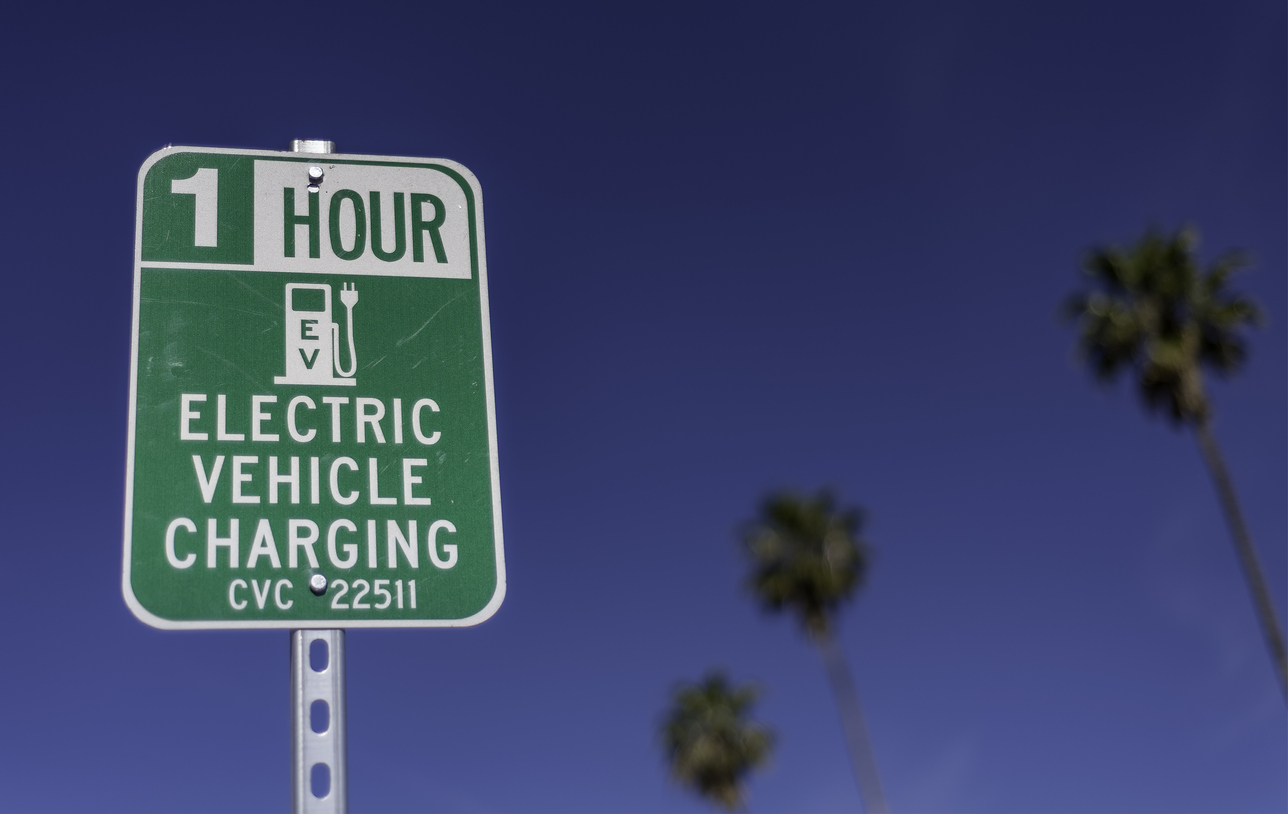
CON: It takes longer to charge an EV than to fill up a gas tank.
Charging technology is in its infancy. Currently, DC fast-charging facilities still take at least 20 minutes to charge a car, which is considerably longer than it takes to fill a gas-fueled vehicle. Level 2 home chargers take around 4 to 10 hours, and a home needs to be rewired to accommodate them.
As autonomous, super-fast charging techniques are perfected, expect the time to drop to under 10 minutes, with the driver no longer required to leave the vehicle. These chargers are also more capable of withstanding colder temperatures than those that affect other chargers. When these become commonplace, expect the adoption of electric cars to move forward in leaps and bounds.
RELATED: The Best EV Charger Installers
PRO: It is easier to budget transportation costs for EVs.
Although electricity prices can fluctuate, they are generally easier to predict based on standard usage. Increased EV ownership will help the global community become less dependent on oil-producing nations such as Saudi Arabia and Russia, with whom the United States has significant political differences. As a result, U.S. households can budget their transportation costs more effectively, without fearing sudden price hikes. Middle Eastern countries are now trying to pivot into mining lithium and other minerals essential for EV car batteries to offset the loss of oil revenue.
CON: Towing depletes range.
If you’ve got an EV truck, you might want to call a tow truck instead of hitching another vehicle to it. EV trucks such as the Ford F-150 Lightning and Rivian R1T can tow 10,000 to 11,000 pounds, respectively. However, towing to maximum capacity can halve an EV truck’s driving range, meaning more frequent charging will be required.

PRO: EV manufacturing offers new job opportunities.
The large-scale production of EVs will bring job opportunities throughout the U.S. In late 2021, Ford and partner companies announced plans for three plants for EVs and batteries in Kentucky and Tennessee, investing more than $10 billion and creating more than 10,000 jobs. As EV technology and infrastructure demands increase, expect the domestic job market to reap the benefits.
The Department of Transportation has also launched initiatives to support the domestic EV industry with a focus on lithium battery manufacturing.
CON: EVs can catch fire if submerged in salt water.
Most EV vehicle drivers don’t envisage their cars being underwater, but that was the case for many victims of Hurricane Ian in Florida. As if the water damage wasn’t bad enough, the horror was compounded when the owners’ dried-out electric cars caught fire. There have been multiple incidents of formerly flooded EVs igniting without warning. The National Highway Traffic Safety Administration (NHTSA) has warned that EVs can ignite weeks after contact with salt water. According to first responders, the fire is due to a chain reaction between the salt in the engine and the batteries.


